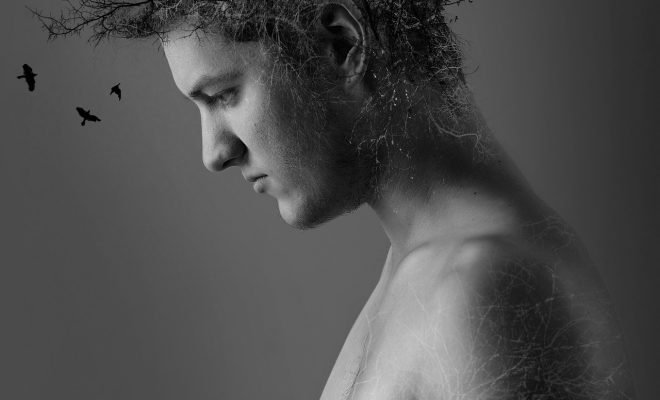A Writer’s Scar

Read Part One here.
We normally make vast understatements when the actual statements can’t be put into words. And saying that these times are rough? There’s no greater understatement. The writer knows this and has no choice but to ignore the temptation to accurately articulate how times really are. Because exactly how are you supposed to do that? How are you supposed to explain the soul-crushing reality you find yourself in?
How does the writer resist the temptation to vanish into their work while the world proved the monster she’s secretly known it to be?
She doesn’t-
Where the story haunted her, writing it scarred her. And these scars are deep.
These scars know, they know nothing will be the same after they have laid these times to rest among the other three million and counting. Ana takes every lesson she learns not with a grain of salt but a pound of sand. Under pressure, sand becomes diamonds, right? So why not try to use what’s she learned to craft diamonds? Why not put the monster to paper?
Pull no punches, hold no words.
This mantra is not just a simple phrase. It’s a calling card- one that Ana cherishes. Sure, the scars permanently altered her skin; sure, she’ll no longer look in the mirror and deny the deep-seated pessimism she’s held behind a thin wall. Sure- but the world is changed for her. The monster on paper is taking shape. Being a cynic has its advantages, apparently. Once the story is written, once the last chapter has come alive, Ana watches as the world takes it in. Does she remain silent? No.
Pull no punches, hold no words.
They’ll probably hate it. Her story and its scars. But maybe- and the hope is small- they’ll find something in it. Something worth talking about in an article where her story gets a single sentence. They’ll find something. Won’t they? The story haunted her because what story doesn’t? What story doesn’t leave her gasping for breath and begging to get a decent night’s sleep? What does it even mean to get a decent night’s sleep? No, really- Ana wants to know. One of her scars is the empty bottle of melatonin on her nightstand. It’s red and festering right beside the journal that keeps the scars from manifesting something else. In the middle of the night, she finds the journal and a penlight in the dark. She writes another story, and it creates another scar. Scars fester. They simmer with your pain and the memories of what caused it. And she reopens the scars every night. So, every night she’s writing her story with the pain on the forefront of her mind. Ana never thought she could do this; she’s slowly finding the shadows hidden from the light. She’s realizing that her worldview is far from perfect, and the world she’s building needs to be better. In the middle of the night, Ana cracks her knuckles and sits down.
The scar opens, and instead of bleeding red, she bleeds black. An inkwell being tipped over from a violent clash with a stray hand. Seconds turn to minutes turn to hours turn to days. With them, the last page is written. The ghost stood around waiting, and exhaustion has taken hold; it’ll be glad to vanish. She takes a deep breath and looks again at the world she’s created. Then she looks at the world she’s in. It’s a terrible mess of noise and lights that are too loud, too much.
But it is hers all the same. And fiction will bleed into reality. The story itself haunted her. But writing it scarred her- realizing exactly what lay beneath the surface of the world’s light scarred her. The maps changed constantly- the people did not. The people hurt her- and that’s a truth that’ll scar her anymore; the people were the centerpiece of her world. If anything, they cause it all. The story. The scars. All their faults. She’d have it any other way if it hadn’t been done. As she presses the off button and turns off the machine, the exhausted ghost over her shoulder smiles and slowly fades away.
For a while, the scars cling to the forefront of her mind.
Why?
Because scars are experiences just as much as they are reminders.
Featured Image by Aaron Burden on Unsplash










